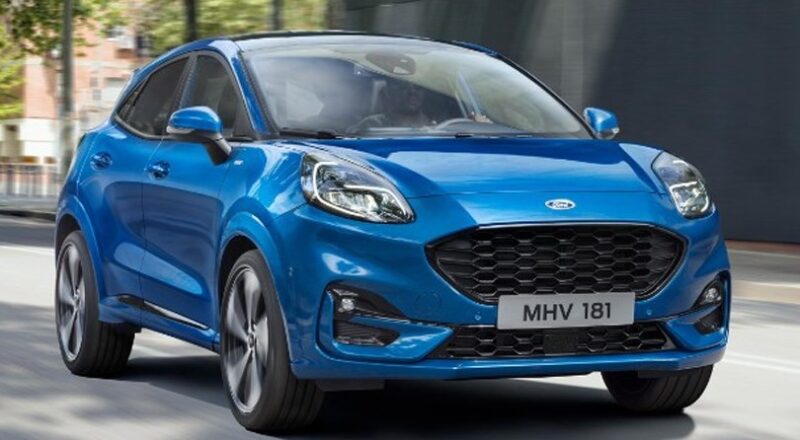The Ford Puma continues to be a popular choice among UK drivers in 2025, offering a blend of style, efficiency, and practicality. With the introduction of the all-electric Puma Gen-E, understanding the road tax implications for both the electric and petrol variants is essential.
Ford Puma Gen-E (Electric) Road Tax 2025
The Ford Puma Gen-E, launched in early 2025, is Ford’s entry into the electric compact SUV market. It boasts a 54kWh battery, delivering a WLTP range of up to 376 km and 0 g/km CO₂ emissions
💰 Road Tax Details:
- First-Year Rate: £10 (applicable to all zero-emission vehicles registered after April 1, 2025)
- Standard Annual Rate (from Year 2): £195
- Expensive Car Supplement: An additional £425 annually for five years if the vehicle’s list price exceeds £40,000 .
Ford Puma Petrol Variants Road Tax 2025
The petrol-powered Ford Puma variants, including the 1.0L EcoBoost and Puma ST, remain popular choices. These models typically emit around 129 g/km CO₂, placing them in the standard tax band.
💰 Road Tax Details:
- First-Year Rate: £195
- Standard Annual Rate (from Year 2): £195
Road Tax Comparison Table
| Variant | CO₂ Emissions | First-Year Rate | Annual Rate (Year 2+) | Expensive Car Supplement |
|---|---|---|---|---|
| Puma Gen-E (Electric) | 0 g/km | £10 | £195 | £425 (if >£40,000) |
| Puma 1.0L EcoBoost (Petrol) | ~129 g/km | £195 | £195 | N/A |
| Puma ST (Petrol) | ~129 g/km | £195 | £195 | N/A |
In 2025, both the electric and petrol variants of the Ford Puma offer competitive road tax rates in the UK. The Puma Gen-E benefits from a minimal first-year tax due to its zero emissions, while the petrol variants maintain a consistent annual rate. Buyers should consider the Expensive Car Supplement when opting for higher-spec models exceeding £40,000.
If you need assistance comparing the Ford Puma’s road tax with other models or have further questions, feel free to ask!
